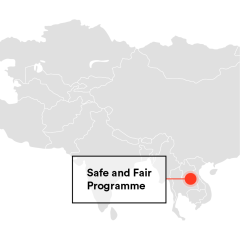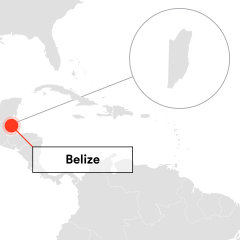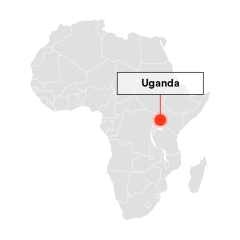Design a survivor-centred programme

Design a survivor-centred programme
Case Studies

This video provides practical tips for essential service providers on how to engage with survivors in a gender-sensitive and survivor-centred manner. This video was developed as part of the programme "Safe and Fair: Realizing women migrant workers’ rights and opportunities in the ASEAN region (2018–2023)".



The Gender-Based Violence Constant Companion Pocket Guide, developed by the Spotlight Initiative Belize programme contains basic tools for field practitioners to know what to do in case a GBV incident is disclosed to them, specifically:
- How to support a survivor of gender-based violence, including Do’s and Don’ts of responding to a disclosure
- Who discloses their experience of GBV, accompanied by a safe and ethical response to disclosure flowchart
- Location-specific contact details for the local GBV focal point and advice on what to do in contexts where there is no GBV actor available
The Pocket Guide uses global standards on providing basic support and information to survivors of GBV without doing further harm and in a manner that maintains a survivor-centred approach. Spotlight Initiative encourages the adaptation of this resource to local contexts with the support of a GBV specialist.
Link to downloadable resource: GBV Companion Pocket Guide



The Kitgum District local government in Uganda has developed Standard Operating Procedures (SOPs) to guide the provision of GBV services by partners in the region. The document describes the roles, responsibilities, guiding principles, and procedures for prevention of and response to any form of GBV by service area, namely medical, psychosocial, safety and security, and legal support.
The SOPs take a survivor-centred and multi-sectoral approach, focusing on joint coordination to ease accessibility of referral services for GBV survivors in the post-conflict setting. Featuring guiding principles for working with survivors, users are reminded to prioritise the safety and security of the survivor at all times; ensure confidentiality; respect the wishes, rights and dignity of the survivor; ensure non-discrimination; pursue best interest of the child; and abide by the do no harm principle.







